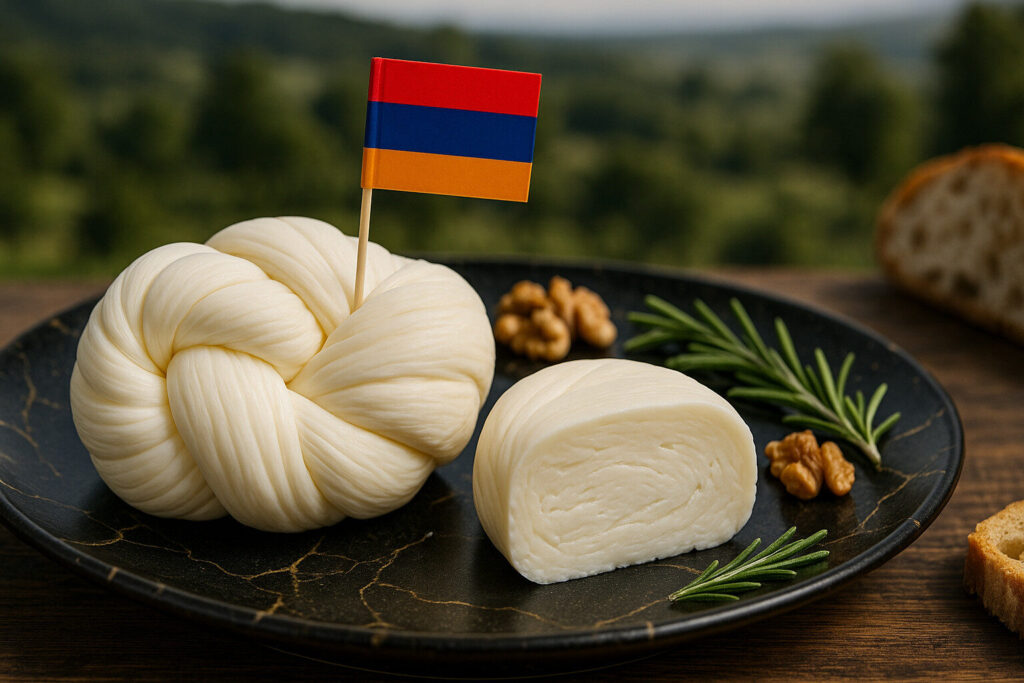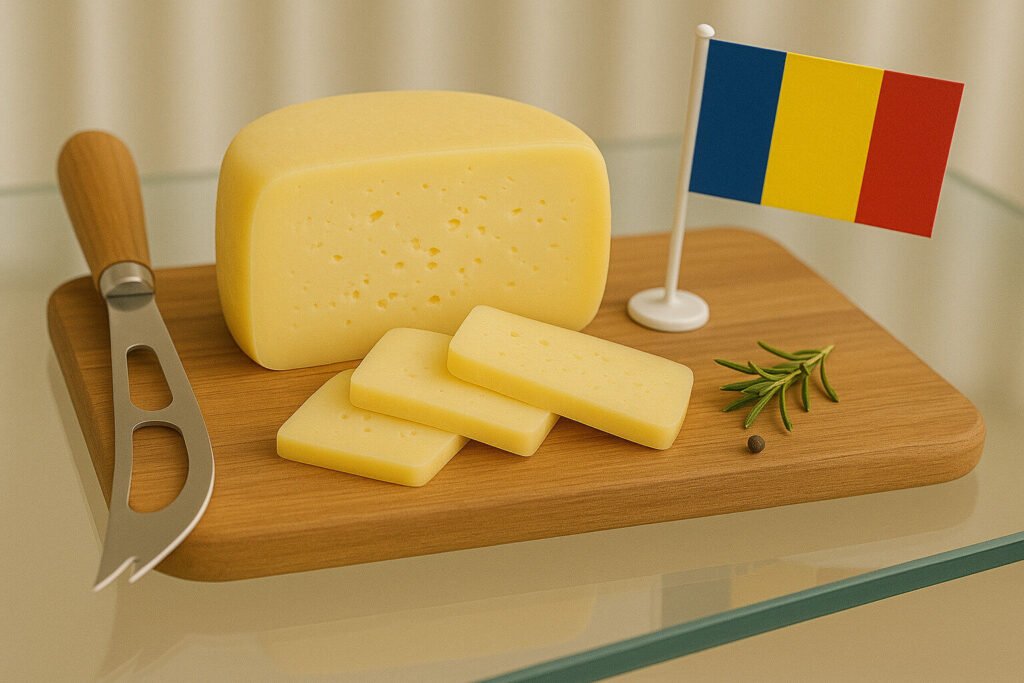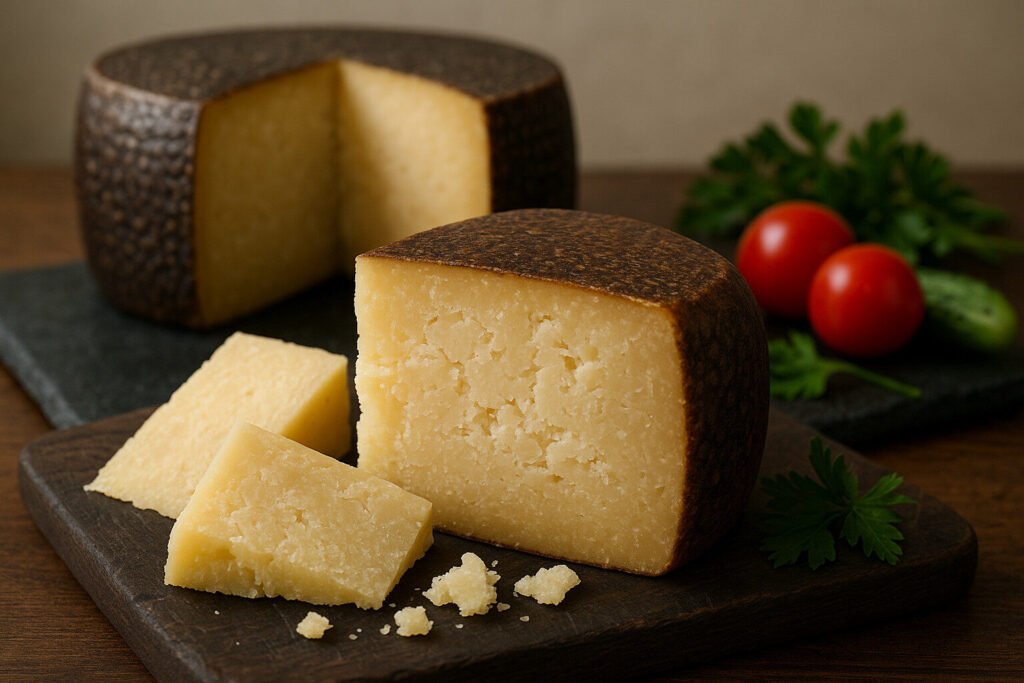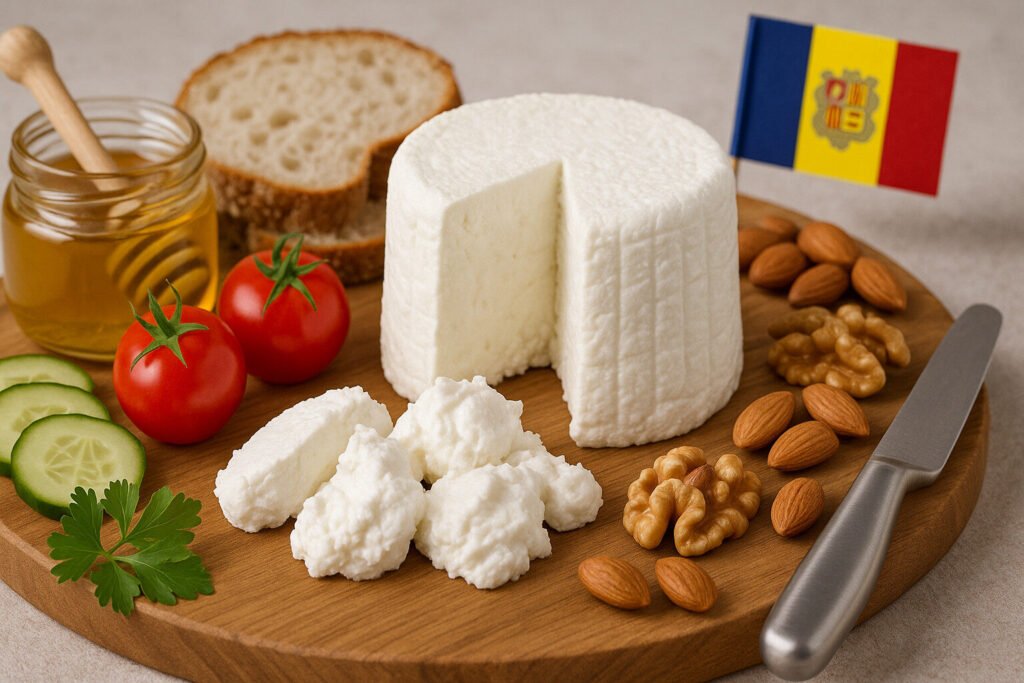Animal Rennet Cheese
Definition and Scope
Animal rennet is a complex enzyme preparation traditionally extracted from the stomach lining of young ruminants. It contains chymosin and pepsin enzymes that specifically coagulate milk proteins during cheesemaking. This biological coagulant has been used for millennia to produce firm, elastic curds suitable for aging.
Its application spans numerous cheese varieties, particularly hard and semi-hard types requiring extended maturation. Rennet’s enzymatic action enables proper moisture expulsion and texture development. The term distinguishes it from microbial and vegetable-based coagulants used in alternative cheesemaking practices.
Production Process
Traditional animal rennet production involves harvesting the fourth stomach chamber (abomasum) from unweaned calves, lambs, or kids. These stomachs are cleaned, salted, dried, and cut into small pieces before extraction. The enzymatic solution is obtained through soaking in brine or acidified water.
Modern industrial production utilizes standardized extraction methods to ensure consistent enzymatic strength. The resulting liquid rennet is filtered, standardized, and preserved with sodium chloride or glycerol. Powdered forms are created through spray-drying techniques for improved shelf stability and precise dosing.
Sensory Profile
Cheeses made with animal rennet typically develop cleaner, more pronounced flavors compared to alternatives. The enzymatic action produces fewer bitter peptides during aging, resulting in smoother taste profiles. This characteristic makes rennet particularly suitable for long-aged cheeses where flavor complexity develops gradually.
The coagulation process creates a firm, elastic curd structure that influences final texture. Rennet-coagulated cheeses often exhibit superior sliceability and melt characteristics. These textural qualities are especially valued in cooked and stretched-curd cheese varieties.
Culinary Applications
Animal rennet is essential for producing traditional Protected Designation of Origin cheeses like Parmigiano-Reggiano and Grana Padano. These cheeses legally require animal-derived coagulant to maintain authenticity. The enzymatic properties ensure proper texture development during extended aging periods.
Beyond protected varieties, rennet finds application in numerous artisanal and industrial cheese productions. It enables precise control over coagulation timing and curd firmness. Cheesemakers select rennet strength and type based on desired moisture content and aging requirements.
Regional Examples
European cheese traditions heavily feature animal rennet in their most celebrated varieties. Italian Parmigiano-Reggiano uses calf rennet exclusively, while Spanish Manchego traditionally employs lamb rennet. French Roquefort utilizes specific lamb rennet that complements its characteristic blue veining.
Many American artisanal producers have adopted animal rennet for traditional-style cheeses despite wider availability of microbial alternatives. Regional specialties like Vermont cheddar often use calf rennet to achieve authentic texture. These choices reflect growing consumer interest in traditional cheesemaking methods and ingredient transparency.




